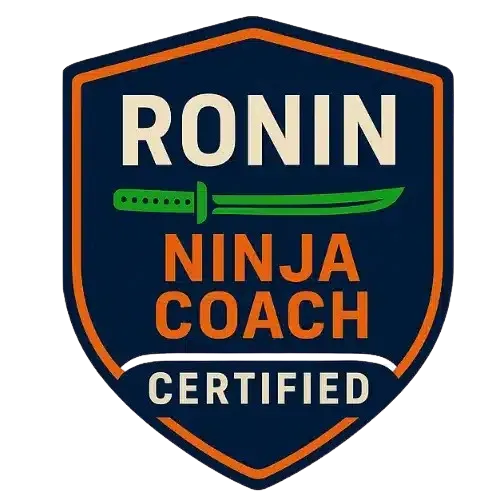
Business Trainer Skills You Need to Succeed in 2025
Introduction
In today’s fast-changing business world, the role of a business trainer has become more crucial than ever. Companies, entrepreneurs, and professionals all rely on skilled trainers to improve performance, develop leadership, and drive growth. But what makes a successful trainer in 2025? The answer lies in mastering the right business trainer skills that align with the needs of modern businesses.
In this article, we’ll explore the essential skills every business trainer needs to succeed in 2025, why they matter, and how they can set you apart in the competitive training industry.
1. Strong Communication Skills
A business trainer’s most valuable tool is communication. Whether delivering workshops, coaching teams, or conducting one-on-one sessions, trainers must present complex ideas in a simple, engaging way. Clear communication builds trust and ensures learners understand and apply concepts effectively.
Why it matters in 2025: With remote and hybrid learning increasing, trainers need to master both in-person and digital communication to stay relevant.
2. Expertise in Business Strategy
To be effective, a trainer must understand core business principles, including strategy, operations, and growth models. This expertise allows trainers to connect training programs directly to business goals.
Tip: Stay updated with the latest business trends, tools, and case studies to make your sessions practical and impactful.
3. Leadership and Motivation Skills
A great trainer doesn’t just teach—they inspire. Leadership skills help trainers motivate individuals and teams to perform at their best. Motivation techniques like recognition, storytelling, and real-world examples keep learners engaged.
In 2025: Businesses will look for trainers who can build leaders, not just employees.
4. Adaptability and Flexibility
The world of work is constantly changing. Trainers must be adaptable to new technologies, training platforms, and business challenges. Flexibility ensures that sessions are always relevant to the client’s needs.
Example: A trainer skilled in adapting content for both live sessions and virtual learning platforms will remain in demand.
5. Digital Literacy and Tech-Savviness
In 2025, digital skills are no longer optional. Trainers must be comfortable using online training platforms, AI-based learning tools, and digital collaboration apps.
Pro Tip: Learn to use tools like Zoom, Microsoft Teams, and interactive e-learning software to deliver engaging training sessions.
6. Emotional Intelligence (EQ)
Emotional intelligence helps trainers understand, manage, and respond to the emotions of their trainees. High EQ creates a supportive learning environment, making trainees more open to growth and change.
Why it matters: Businesses value trainers who can build trust, resolve conflicts, and create positive group dynamics.
7. Coaching and Mentoring Abilities
Business trainers often act as mentors and coaches. Beyond delivering content, they guide individuals in applying knowledge to their careers. A trainer with strong mentoring skills can transform both personal and professional growth.
8. Problem-Solving and Critical Thinking
A successful trainer must help businesses tackle challenges head-on. By teaching problem-solving and decision-making, trainers show real value to organizations.
Example: Case study sessions and role-play exercises enhance critical thinking in learners.
9. Evaluation and Feedback Skills
Great trainers know how to measure progress. Skills in assessment, evaluation, and constructive feedback help ensure training programs deliver real results.
Why it matters: Companies want ROI (Return on Investment) from training. Trainers who can track and show progress will always be in demand.
10. Continuous Learning and Professional Development
The best trainers never stop learning. Staying updated with certifications, industry knowledge, and teaching methods ensures you remain competitive in 2025 and beyond.
Pro Tip: Join professional networks, attend industry conferences, and invest in lifelong learning.
Conclusion
Success as a business trainer in 2025 requires much more than knowledge. It’s about mastering a combination of business trainer skills from communication and leadership to digital literacy and emotional intelligence. By developing these skills, you not only enhance your credibility but also deliver lasting value to businesses and individuals.
Whether you’re an aspiring trainer or an experienced professional, focusing on these skills will help you stand out, succeed, and make a real difference in the future of business training.









